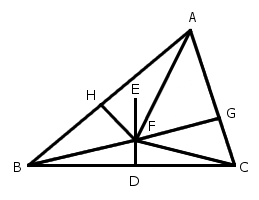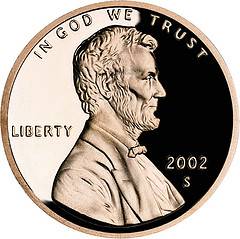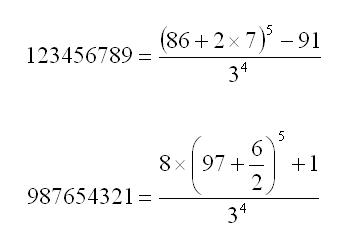Zhuangzi and Huizi were strolling along the dam of the Hao Waterfall when Zhuangzi said, ‘See how the minnows come out and dart around where they please! That’s what fish really enjoy!’
Huizi said, ‘You’re not a fish — how do you know what fish enjoy?’
Zhuangzi said, ‘You’re not I, so how do you know I don’t know what fish enjoy?’
Huizi said, ‘I’m not you, so I certainly don’t know what you know. On the other hand, you’re certainly not a fish — so that still proves you don’t know what fish enjoy!’
Zhuangzi said, ‘Let’s go back to your original question, please. You asked me how I know what fish enjoy — so you already knew I knew it when you asked the question. I know it by standing here beside the Hao.’
— Zhuangzi, China, fourth century B.C.



